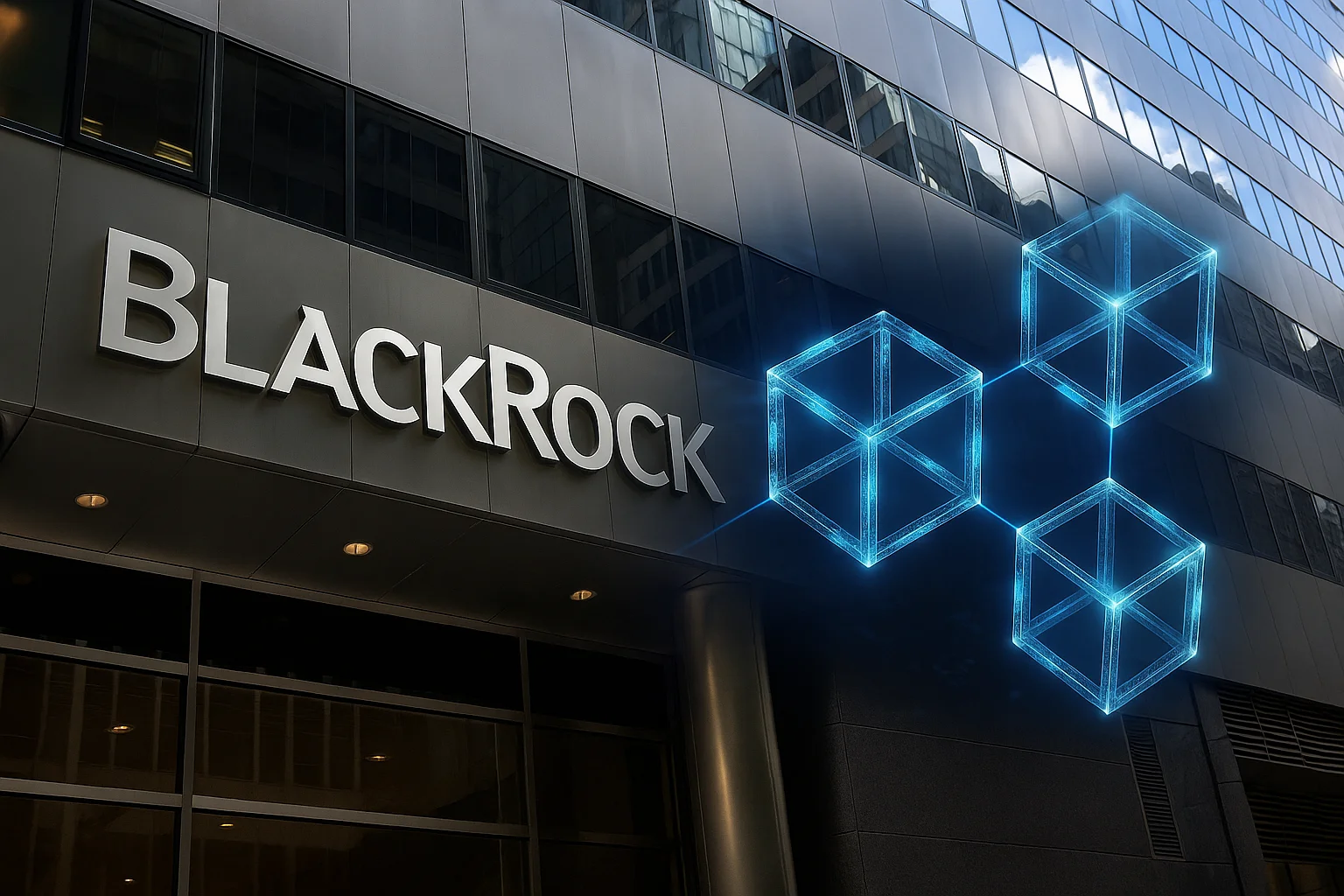BlackRock, the world's largest asset manager, has taken action to bring exchange-traded funds (ETFs), one of the most popular investment vehicles in traditional finance, to the blockchain world. According to Bloomberg, the company is working on different models for tokenizing ETFs tied to real assets like stocks. Regulatory approval is the most critical stage of the process.
This move by BlackRock is a natural continuation of the company's strategy for digital assets. Launched in 2024, its tokenized money market fund, called BUIDL, quickly reached over $2 billion and found significant use in the crypto ecosystem. That same year, the firm's spot Bitcoin ETF also became one of the most successful fund launches in history.
Tokenization refers to creating digital representations of traditional financial assets on the blockchain. Tokenizing ETFs can allow investors to trade outside market hours, facilitate international access, and pave the way for tokens to be used as collateral in the crypto ecosystem. Proponents argue that this model: It will offer advantages such as instant reconciliation, fragmented ownership, and more efficient market structures.
Interest in this area is rapidly growing in the sector. Major managers such as Franklin Templeton have already launched tokenized fund classes. BlackRock previously conducted similar tests on JPMorgan's Onyx (now Kinexys) blockchain. The company's CEO, Larry Fink, has long argued that every financial asset will eventually be tokenized. In his annual letter to investors in 2025, he reiterated that tokenization has the potential to transform financial markets.
The market's size is striking. According to research by Animoca Brands, the tokenization of real assets has the potential to transform the $400 trillion traditional financial market. By 2025, the total value of tokenized real assets reached a record $26.5 billion, representing a 70 percent increase since the beginning of the year. US bonds and private loans, in particular, account for 90 percent of the total tokenization volume. Skynet's 2025 RWA Security Report predicts the market could reach $16 trillion by 2030.
Tokenization initiatives are on the rise
Initiatives in this area have also increased. In September, Ondo Finance announced Ondo Global Markets, offering tokenized access to over 100 US stocks and ETFs on Ethereum. In Asia, SBI Holdings partnered with Startale to develop an on-chain tokenized platform for institutional investors.
While the opportunities are significant, regulatory and technical hurdles remain significant. While traditional ETFs are processed through Wall Street clearinghouses, tokenized assets operate with instant settlement. This difference has sparked significant debate regarding regulation and custody solutions. However, US regulators are increasingly open to controlled testing of blockchain-based market models. Nasdaq has also applied for approval to allow trading of tokenized stocks. BlackRock's digital asset offensive is also reflected in its financial statements. The company reported net inflows of $14.1 billion in the second quarter of 2025, bringing its total digital asset management to $79.6 billion. While this figure represents only 1% of its $12.5 trillion in total assets, it stands out as one of the fastest-growing segments. Inflows into digital assets have reached $17 billion since the beginning of the year.
In particular, the company's spot Bitcoin ETF, IBIT, surpassed the gold-focused SPDR Gold Trust with $6.96 billion in inflows in 2025, making it the sixth most popular ETF in the US.




